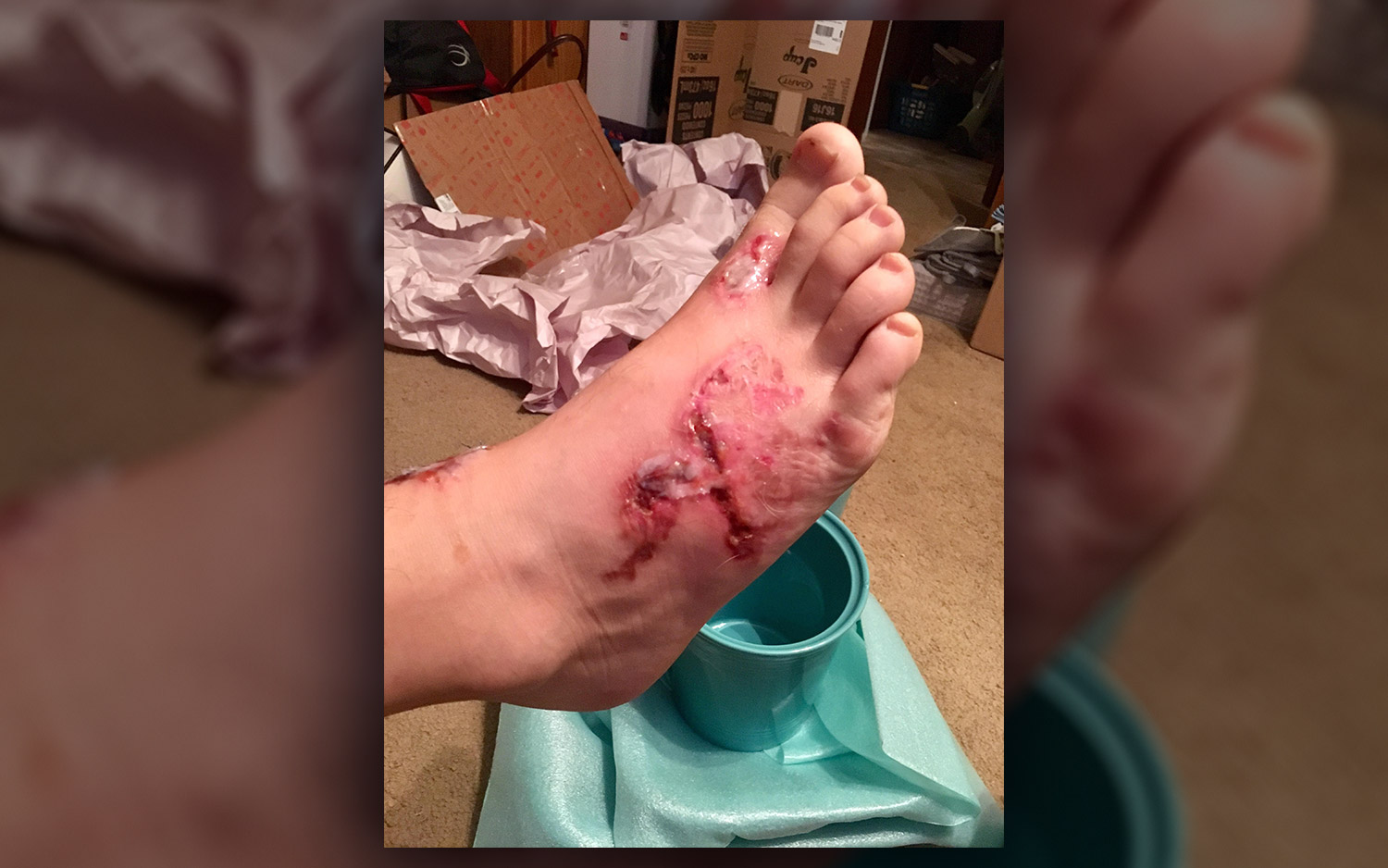
Teen Gets Hookworm from Florida Beach Sand

Get the world’s most fascinating discoveries delivered straight to your inbox.
You are now subscribed
Your newsletter sign-up was successful
Want to add more newsletters?

Delivered Daily
Daily Newsletter
Sign up for the latest discoveries, groundbreaking research and fascinating breakthroughs that impact you and the wider world direct to your inbox.

Once a week
Life's Little Mysteries
Feed your curiosity with an exclusive mystery every week, solved with science and delivered direct to your inbox before it's seen anywhere else.

Once a week
How It Works
Sign up to our free science & technology newsletter for your weekly fix of fascinating articles, quick quizzes, amazing images, and more

Delivered daily
Space.com Newsletter
Breaking space news, the latest updates on rocket launches, skywatching events and more!

Once a month
Watch This Space
Sign up to our monthly entertainment newsletter to keep up with all our coverage of the latest sci-fi and space movies, tv shows, games and books.

Once a week
Night Sky This Week
Discover this week's must-see night sky events, moon phases, and stunning astrophotos. Sign up for our skywatching newsletter and explore the universe with us!
Join the club
Get full access to premium articles, exclusive features and a growing list of member rewards.
A Tennessee teen's summer trip to Florida turned nightmarish after he contracted hookworms from playing in the sand at the beach, according to news reports.
The 17-year-old Michael Dumas visited south Florida in June for a church trip, and during a beach-outing, his friends buried him in sand, according to news station Local Memphis.
Soon after, the teen started feeling itchy, and he later developed blisters, scrapes and rashes on his lower body, Local Memphis reported. The wounds are "incredibly horrible and they're so graphic," his mother, Kelli Dumas, told the station. "One of them is 3 inches by 3 inches. It's a crater in his foot," she said. [Beachgoers Beware? 5 Pathogens That Lurk in Sand]
The teen was diagnosed with hookworms, which are parasites that can infect both people and animals. Some species of hookworm that typically infect cats and dogs can be transmitted to people through contaminated sand or soil, according to the Centers for Disease Control and Prevention (CDC).
This happens when infected animals defecate in sand or soil and pass hookworm eggs in their stool. People can then become infected if they walk barefoot or lie down on the infested sand or soil, the CDC says.
The hookworm larvae can burrow into the skin and then crawl around in the top layers of skin. However, because humans aren't the normal hosts for these hookworms, the parasites usually don't live more than six weeks in people, the CDC says.
These hookworms are typically found in tropical or subtropical regions. In January, a Canadian couple reported that they contracted hookworms in their feet while walking barefoot on a Caribbean beach.
Get the world’s most fascinating discoveries delivered straight to your inbox.
Michael Dumas was treated with more than $1,300 worth of medications and is still recovering, according to news reports.
"He is in pain and this is AWFUL," Kelli Dumas posted to Facebook. "Please, please pray for him to heal," she said.
Original article on Live Science.

Rachael is a Live Science contributor, and was a former channel editor and senior writer for Live Science between 2010 and 2022. She has a master's degree in journalism from New York University's Science, Health and Environmental Reporting Program. She also holds a B.S. in molecular biology and an M.S. in biology from the University of California, San Diego. Her work has appeared in Scienceline, The Washington Post and Scientific American.
 Live Science Plus
Live Science Plus











